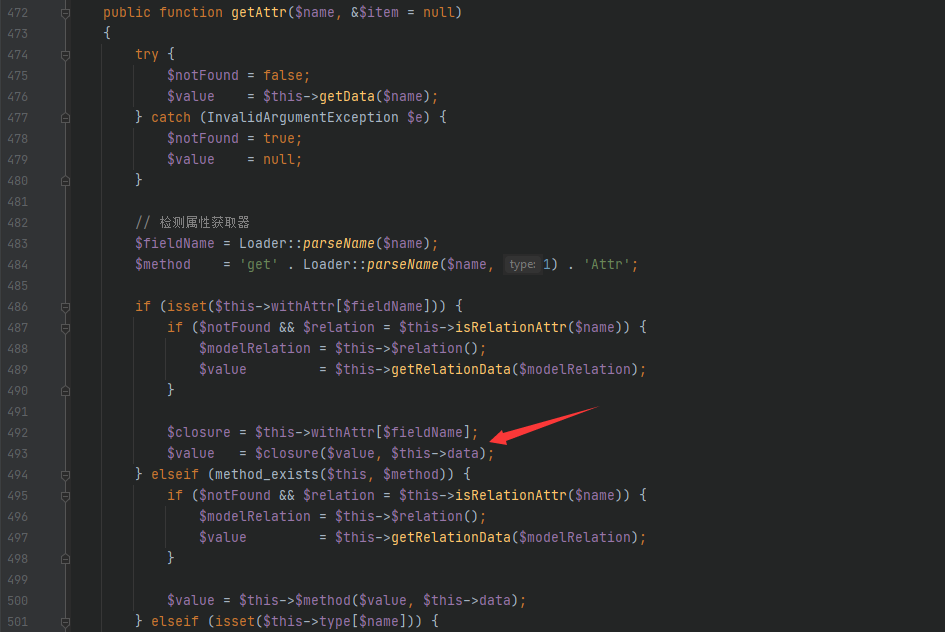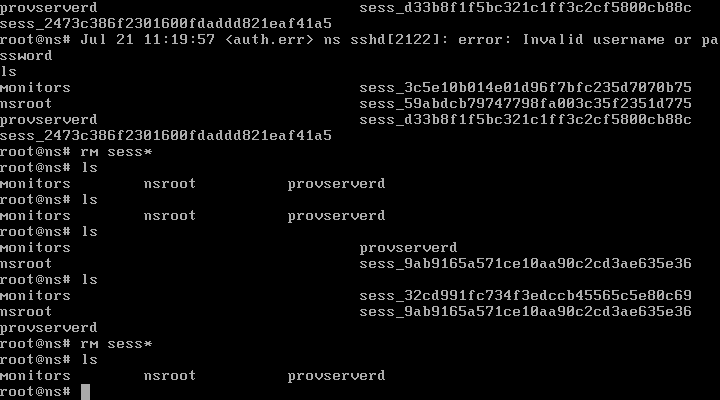Nmap是学习网络安全必备的一款工具,有着强大的信息收集能力,有本书甚至因此称它为“诸神之眼” 。Nmap不仅仅是一个端口扫描器那么简单,它还有着一个强大的脚本引擎(NSE)可以通过编程来实现定制化。
0x01 关于Nmap中NSE的使用姿势
斗哥目前使用的 nmap 7.40这个版本中就内置有500多个官方编写的NSE脚本。下面是window上nmap的安装目录:

其中,scripts目录存放着NSE脚本,而nselib目录存放各种库文件,通常使用--script来指定要使用的nmap脚本。
比如:使用mysql-brute.nse这个脚本对目标地址进行mysql的口令爆破。命令:nmap --script=mysql-brute <target>
在Nmap的官方说明文档https://nmap.org/nsedoc/中有NSE脚本和库文件的详细使用说明。

0x02 NSE编写demo文件
LUA语言基础
打开任何一个NSE脚本或者是库文件,里面的代码功能通常由lua语言来实现。因此想要写自己的脚本或者库,前提是有一定的lua语言基础。lua是一个轻量化的脚本语言,有编程基础的同学学lua应该会比较轻松,在菜鸟教程花个把小时学习lua语言的基本使用,已经足够明白本篇的编程内容了。

NSE脚本基本格式
一个完整的NSE脚本通常都有这么几个部分的代码字段:
- description 字段:本脚本的说明介绍。
- categories 字段:本脚本的分类。Nmap执行脚本除了指定单个脚本外,还可以指定某一类脚本,比如
default类,我们没有使用--script参数时,默认会加载这一类的脚本。 - rule 字段:本脚本的执行规则,也即触发脚本执行的条件会在rule字段定义。一般执行规则是一个lua函数,返回值只有true和false两种。
- action字段:脚本执行的具体内容。rule字段返回true时会执行action字段定义的函数。
local shortport = require "shortport"
description = [[a demo nse file]]
author = "reborn"
license = "Same as Nmap--See http://nmap.org/book/man-legal.html"
categories = {"default"}
portrule = function( host, port )
return true
end
action = function(host, port)
end
NSE脚本的规则你可以发现上述rule字段是portrule,NSE脚本的执行规则是和nmap的扫描相结合的,两者执行的先后顺序目前有如下4种。
- prerule():规则早于nmap的扫描,执行的顺序是先执行脚本,后nmap扫描。
- hostrule():nmap完成了主机发现之后运行脚本。
- portrule():nmap执行了端口扫描后运行脚本。
- postrule():nmap完成所有的扫描后才执行脚本。
编写简单的NSE脚本
如:编写一个简单的脚本来探测目标是否开放了80端口,并且这个端口运行的是HTTP服务,如果是nmap输出“This is a WebServer”。那么在前面脚本demo代码的基础上,我们只需修改portrule函数的代码和让action函数来输出。代码逻辑先portrule判断条件是否成立:“目标是否开放了80端口,服务是否是HTTP”,是返回true不是返回false,代码实现:
portrule = function(host,port)
return port.protocol == "tcp" and port.number == 80 and port.service =="http" and port.state =="open"
end
如果返回true:执行action,输出“This is a WebServer”:
action = function(host, port) return "This is a WebServer" end
完整的代码:
local shortport = require "shortport"
description = [[a http service detect test demo]]
author = "reborn"
license = "Same as Nmap--See http://nmap.org/book/man-legal.html"
categories = {"default"}
portrule = function(host,port)
return port.protocol == "tcp" and port.number == 80 and port.service =="http" and port.state =="open"
end
action = function(host, port)
return "This is a WebServer"
end
将上述代码命名为http-detect-test.nse保存在scripts目录下,然后执行nmap --script-updatedb更新nse脚本。

接着在nmap中执行http-detect-test.nse这个脚本:nmap -p 80 10.10.10.39 --script http-detect-test

另外,如果执行过程,脚本有错误,可以在nmap命令中加入-d来获得调试中的数据。
0x03 NSE中的API
你可能会对上面脚本中portrule规则判断扫描结果的代码心存疑惑,实际上那个位置调用了nmap扫描结果的API。
Nmap中的API的核心功能就是向脚本提供关于主机和端口的信息,例如名字解析、主机和端口的状态、服务发现等内容。此处介绍一部分常用的的API调用和代码demo供给大家参考使用。
两个Lua table 类型的参数
- host table
- port table
host table
1. host.os
获取nmap扫描到的操作系统信息。
- vendor 供应商
- osfamily 所属系列
- osgen 具体型号
- type 设备类型
- CPE
local shortport = require "shortport"
description = [[test api]]
author = "reborn"
license = "Same as Nmap--See http://nmap.org/book/man-legal.html"
categories = {"default"}
hostrule = function( host, port )
return true
end
action = function(host, port)
return host.os
end
扫描命令:nmap -O 10.10.10.39 --script my-api-test
Host script results: | my-api-test: | | name: Linux 2.6.13 - 2.6.32 | classes: | | type: general purpose | vendor: Linux | osgen: 2.6.X | osfamily: Linux | cpe: |_ cpe:/o:linux:linux_kernel:2.6
2. host.ip
将host.os那段脚本的第14行改为return host.ip。
扫描命令:nmap www.baidu.com --script my-api-test
Host script results: |_my-api-test: 14.215.177.38
3.host.name
将host.os那段脚本的第14行改为return host.name。
扫描命令:nmap www.baidu.com --script my-api-test
Host script results: |_my-api-test: 14.215.177.38
4.host.targetname
目标主机在命令行的名字。
5.host.directly_connected
表示目标计算机是否与我们同在一个子网。
6.host.name
将host.os那段脚本的第14行改为return host.mac_addr。
扫描命令:nmap 10.10.10.39 --script my-api-test 必须是同一子网的设备这个命令才有效。
Host script results: |_my-api-test: \x00\x0C)f\xF4\xDF
7.host.traceroute
将host.os那段脚本的第14行改为return host.traceroute。
扫描命令:nmap --traceroute www.baidu.com --script my-api-test
Host script results: | my-api-test: | | times: | srtt: 0.002 | ip: 192.168.1.1 | | times: | srtt: 0.004 | ip: 192.168.12.1 | | times: | srtt: 0.002 | ip: 192.168.200.1 | | name: 78.228.84.110.broad.fz.fj.dynamic.163data.com.cn | ip: 110.84.228.78 | times: | srtt: 0.002 | | times: | srtt: 0.017 | ip: 113.96.4.70 | | times: | srtt: 0.017 |_ ip: 14.215.177.39
port table
1. port.number
local shortport = require "shortport"
description = [[test api]]
author = "reborn"
license = "Same as Nmap--See http://nmap.org/book/man-legal.html"
categories = {"default"}
portrule = function( host, port )
return true
end
action = function(host, port)
return port.number
end
扫描命令:nmap www.baidu.com --script my-api-test
PORT STATE SERVICE 80/tcp open http |_my-api-test: 80 443/tcp open https |_my-api-test: 443
2. port.protocol
PORT STATE SERVICE 80/tcp open http |_my-api-test: tcp 443/tcp open https |_my-api-test: tcp
3. port.service
PORT STATE SERVICE 80/tcp open http |_my-api-test: http 443/tcp open https |_my-api-test: https
4. port.version
PORT STATE SERVICE 80/tcp open http | my-api-test: | name_confidence: 3.0 | service_tunnel: none | name: http | service_dtype: table |_ cpe: 443/tcp open https | my-api-test: | name_confidence: 3.0 | service_tunnel: none | name: https | service_dtype: table |_ cpe:
5.port.state
PORT STATE SERVICE 80/tcp open http |_my-api-test: open 443/tcp open https |_my-api-test: open
0x04 小结
内容太多篇幅限制原因,本篇就介绍到NSE如何调用API这里,我们下期见吧。未来几期将会向大家介绍的文章主题如下:
- NSE的异常处理
- Nmap中的库文件和编写方式
- 利用Nmap自有库文件实现将扫描结果保存在数据库
- NSE漏洞审计和渗透脚本的demo
- NSE的并发处理
-

来源:freebuf.com 2018-03-07 09:43:17 by: 漏斗社区























请登录后发表评论
注册